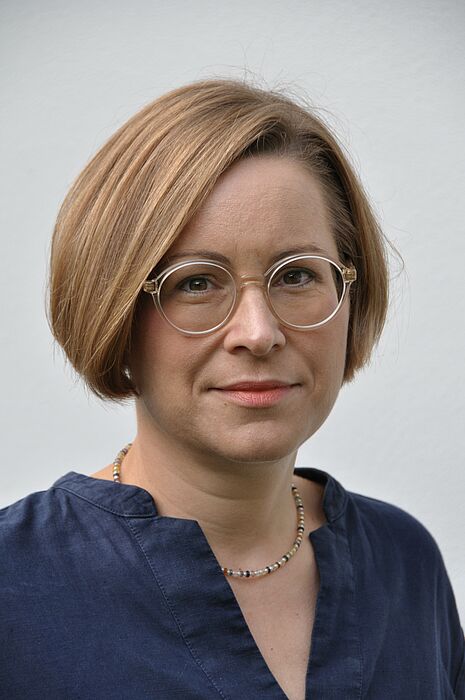Digital technologies are changing the classical forms of learning. For this reason, education policy makers are calling for the increasing digitization of school education and the development of corresponding digital offerings. In German-speaking countries, however, this is still in its infancy: the usual applications rarely go beyond multiple-choice tests and comparably simple tasks. A central component of school education - both across classes and across subjects - is argumentative writing. "Thoughtful and timely forms of learning are particularly important in this area," says Jun.-Prof. Dr. Henning Wachsmuth of the University of Paderborn. The computer scientist is leading a new research project on computer-based learning together with Prof. Dr. Sara Rezat, also of the University of Paderborn. The scientists are investigating how algorithmic methods can support students in acquiring written argumentative skills. The project will be funded by the German Research Foundation (DFG) for a period of three years starting in December with approximately 540,000 euros.
Identifying developmental statuses
Wachsmuth explains, "The applications are designed to automatically analyze argumentative texts in order to provide feedback on successful and developable aspects on this basis and to make suggestions for improvement." The methods are about the structure of argumentative texts, the assessment of students' developmental levels, and feedback adapted to the developmental level. The researchers see the study of content and its relationship to sources as continuing work. The algorithms are ultimately intended to support both students and teachers.
Supporting opinion formation and argument structure
"Addressing counter-positions is an important milestone in the development of argumentative writing. However, studies on acquisition repeatedly show that this aspect is a hurdle for many students. For this purpose in particular, algorithmic methods are to be developed that recognize students' own positions, justifications and counter-positions in texts and, based on this, evaluate their level of development," explains Rezat from the Institute of German and Comparative Literature. "The results of these analyses then serve as input for methods that generate developmental level-specific and student-sensitive feedback. For example, students could be alerted to missing counter-positions as well as to possible text passages where they could be inserted," Wachsmuth adds. The computer scientist is also involved in another DFG research project in which justifications in texts are automatically and objectively summarized with the help of machine learning. The basis for this is the "args.me" search engine developed by Wachsmuth, which has already been online since 2017 and compares pro and con arguments on search topics to support self-determined opinion formation.
Possibilities and limits of what is possible
In the course of the studies, the scientists are creating a German-language corpus, i.e. a digital text collection, with around 1500 manually annotated argumentative learner texts from three age groups. This will serve as a basis for further studies in the future and will be available to the public. In the qualitative evaluation, the methods will be brought together with didactic knowledge in order to determine the possibilities and limits of developmentally oriented writing support, both in technical and social terms. Wachsmuth and Rezat expect the first meaningful results in the second half of 2022.


